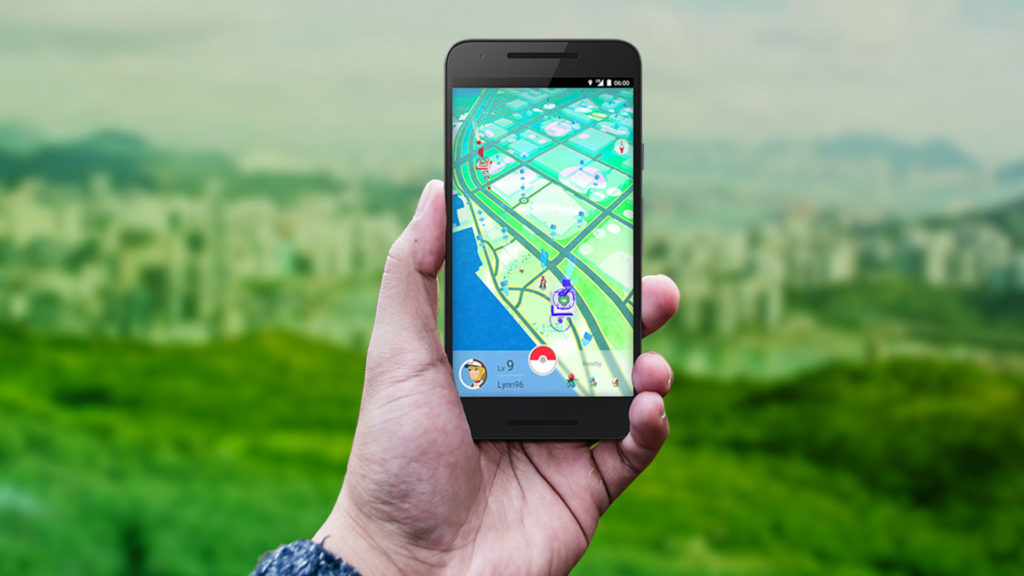Mobile games accounted for more revenue than any other form of interactive entertainment in 2016, generating over $40.6 billion worldwide. While the top-grossing titles of the year were dominated by existing franchises like Monster Strike and Clash of Clans, these newcomers made their mark through remarkable launches, unexpected success and some old-fashioned marketing strategy.
Pokémon GO
It’s no secret that the world was consumed by “Pokémania” this summer, thrusting Niantic’s monster-catching game into the spotlight and changing the way publishers looked at augmented reality. Despite being free, Pokémon GO brought in a massive $788 million in microtransactions and no doubt contributed to the success of Pokémon Sun and Moon, as well as increased sales of the 2DS and 3DS just in time for the franchise’s 20th anniversary.
“Despite a stuttering rollout, server issues, and a lot of uncertainties, [Pokémon GO] managed to not just earn a lot of money but captivate audiences,” SuperData CEO, Joost van Dreunen told [a]listdaily. “Ultimately the ambition of most game designers is to offer people a new, innovative experience that changes their perspective on something, even if it is in a minute way. Pokémon GO offers this perfect mix of innovative gameplay, real world exploration, nostalgia, and, perhaps most importantly, the ability to connect with total strangers in public, which given the current sentiment in global politics is a breath of fresh air.”
Clash Royale
Launched in March, Supercell’s wildly popular spin-off title earned $197 million in its first month alone and earned an impressive $1.1 billion dollars in 2016. Recently acquired by the giant Chinese company, Tencent, Supercell utilized the power of eSports engagement to increase brand awareness during the 4th of July holiday week this summer. In the two weeks since the tournament update, Newzoo reported more than one million additional Clash Royale downloads and more than $1.5 million additional revenues when compared to the two weeks before the tournament week. Total hours spent watching the game on Twitch more than doubled during the event to 614,200. At its peak, downloads were up more than 50 percent compared to the baseline.
“Clash Royale showed the world that eSports can work on mobile in a meaningful way,” Chris Akhavan, chief revenue officer, Glu Mobile told [a]listdaily. “In addition, the title illustrated for the first time that real-time PVP (player-vs-player) can drive a #1 top-grossing hit. Prior to Clash Royale‘s launch, the mobile ecosystem was largely ignoring the viability of eSports and defaulting to asynchronous PVP as the go-to structure for social competition in mobile gaming.”
Since the beginning, Supercell has employed creative marketing techniques for its mobile games through commercials, celebrities, influencers and most recently, an animated comedy series by the writers of The Simpsons.
Mr. Robot: 1.51exfiltrati0n
This clever show tie-in may not have topped the charts for revenue or downloads but 1.51exfiltrati0n.ipa makes our list for its expert use of “less is more.” Taking place during the first season of USA Network’s Mr. Robot, you find a smart phone on the ground outside the Fun Society Arcade at Coney Island. Little do you know that the phone belongs to Darlene, a black hat hacker who is about to commit the biggest cybercrime the world has ever seen—but she needs her phone back to do it. The 99 cent “game” is completely text-based and makes the user feel as though they are communicating with a real person, during which social engineering must be used to accomplish the task at hand. To further add to its authentic feel is E-Corp’s private messaging platform, and although 1.51exfiltrati0n.ipa clearly promotes the show, it does not display ads or offer microtransactions of any kind.
Rollercoaster Tycoon Classic
Just released on December 20, Atari’s acclaimed theme park-building sim is already climbing the charts on both Android and iOS. Fueled by nostalgia and the convenience of mobile devices, Rollercoaster Tycoon Classic combines features of the first two games, plus optional expansion packs.
“As the creator of the original RollerCoaster Tycoon PC games many years ago, I have seen how much excitement and entertainment they have brought to players all over the world,” the game’s producer Chris Sawyer said in a statement. “It was my long-term ambition to bring the classic game to modern touch screen devices as its visual style and tactile nature are so well suited to smartphones and tablets.”
Super Mario Run
Mario’s first leap onto mobile is, thus far, a record-breaking success with Nintendo reporting over 40 million downloads in just four days. In addition, the game reached number one on the App Store’s free game list in 140 countries and regions (Super Mario Run is free for the first four levels, then costs $9.99 to unlock the complete game).
Available only for iOS at the moment, but expected to be released for Android sometime soon, Super Mario Run is a test for Nintendo to see how mobile games will shape the company’s future. “We anticipate that in a couple of years from now, smartphone and tablet games will account for at least half of Nintendo’s software revenues,” Peter Warman, CEO at Newzoo predicted in a statement just prior to the game’s launch. “[December 15], Nintendo takes the first step. A small step for the industry, but a giant leap for Nintendo.”
Learn everything you need to know to invest in today’s fastest-growing media channel—Competitive Gaming and eSports on 2.16.17 in Los Angeles. Go to alistsummit.com for more info.

